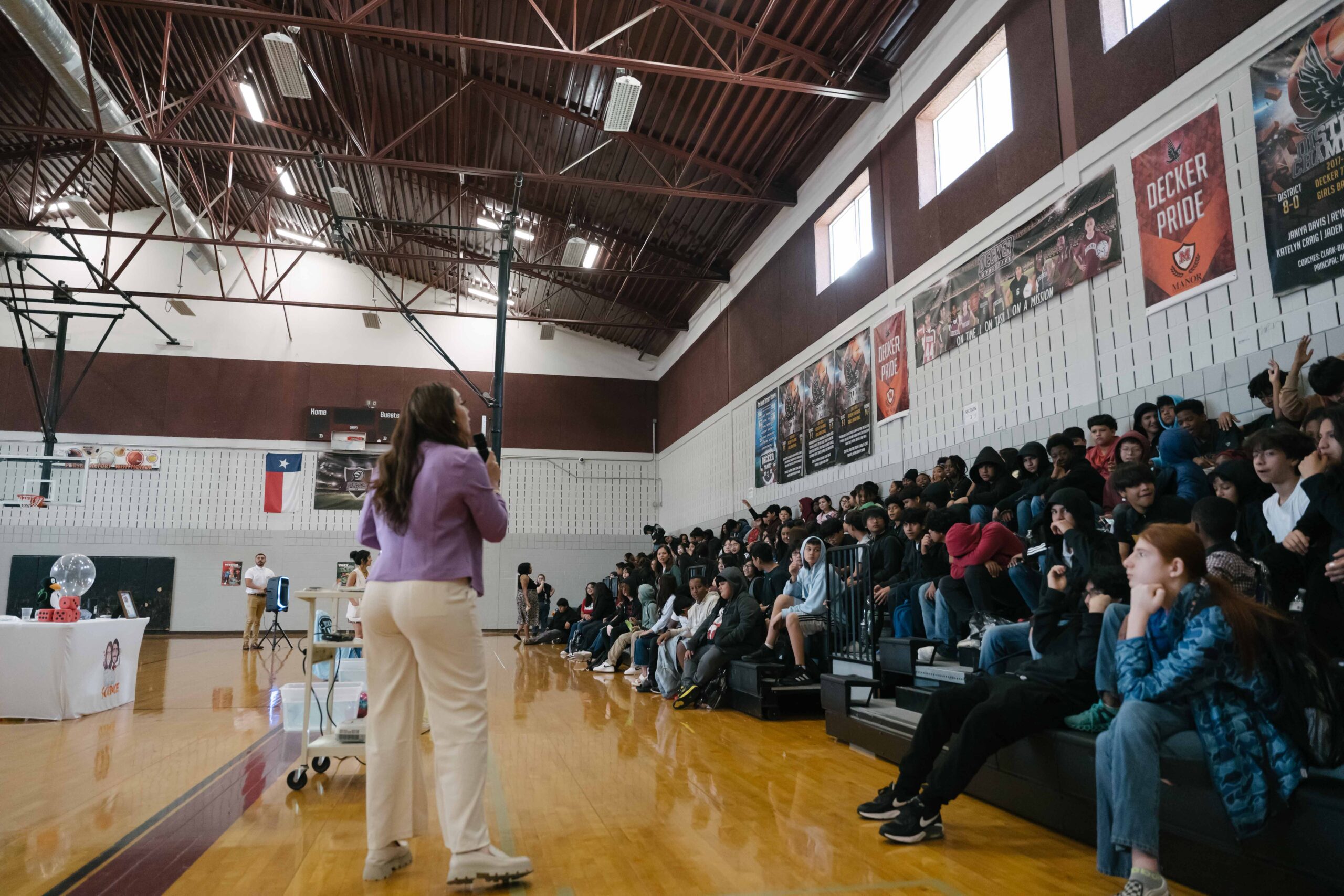Beneath the Surface of Success
On the outside, my life read like a series of achievements: graduating with honors from high school, obtained various leadership roles in university, and a promising start in the tech industry. As a Latina, the pride in these accomplishments was not just mine but my family’s—a testament to our resilience and hard work. Yet, beneath the accolades and commendations, a struggle simmered quietly, invisible to the world and, for the longest time, to me.
The Pandemic: A Catalyst for Self-Discovery
The transition to working from home during the pandemic stripped away the structured environment I thrived in. Tasks that once felt intuitive now loomed like insurmountable challenges. My productivity hinged on the adrenaline rush of looming deadlines, a pattern too erratic to ignore. This wasn’t just the remote work blues; it was a mirror reflecting deeper issues I had long dismissed.
A Deep Dive into My Past
ADHD TikTok became my unexpected guide, leading me down a path of self-reflection and research. Memories began to piece together—a sister diagnosed early with ADHD, a father’s forgotten stories, my relentless pursuit of urgency. These were not isolated quirks but signposts pointing toward a reality I had never considered. ADHD, a term so often associated with hyperactive children, might well be the thread weaving through my story.
Understanding the Disparities:
Research indicates that ADHD diagnosis rates vary significantly across different demographics, with Latino children often facing underdiagnosis and, consequently, less access to treatment and support. For example, a study published by the American Academy of Pediatrics suggests that linguistic barriers, cultural stigmas, and socioeconomic factors play significant roles in these disparities. The overarching theme in the literature points toward a critical need for increased awareness and tailored approaches in addressing ADHD within diverse communities.
The Role of Cultural Competence in Healthcare:
The importance of cultural competence in healthcare cannot be overstated, especially when it comes to diagnosing and treating ADHD in Latino children and adults. Culturally competent care involves understanding and respecting the patient’s cultural background and tailoring healthcare delivery to meet their specific needs. A 2022 report by the Center for Disease Control and Prevention (CDC) highlighted the success of culturally adapted behavioral health interventions in improving outcomes for Latino individuals with ADHD, illustrating the potential benefits of such approaches.
Actionable Steps Forward:
In light of these insights, it’s clear that bridging the gap in ADHD care for the Latino community requires concerted efforts across multiple fronts. This includes advocating for:
- The integration of cultural competence training for healthcare providers.
- Increased funding for research focusing on ADHD within Latino populations.
- The development of community outreach programs to raise awareness about ADHD and its impact.
Empowering the Community:
Equipping individuals with knowledge and resources is essential for empowering the Latino community to advocate for better ADHD care. Organizations such as the National Alliance on Mental Illness (NAMI) offer resources tailored to Latino families, providing support and information on navigating mental health challenges. Please see resources below:
- Children and Adults with Attention-Deficit/Hyperactivity Disorder (CHADD): A leading nonprofit organization providing information, advocacy, and support for individuals with ADHD. Their website offers a wealth of resources, including a dedicated section on understanding ADHD in adults. Visit CHADD’s website
- Attention Deficit Disorder Association (ADDA): ADDA specializes in adult ADHD and offers resources for diagnosis, treatment, and living with ADHD, including webinars, virtual support groups, and articles. Visit ADDA’s website
- Understood: This organization offers support for individuals with learning and attention issues. Their website includes articles on ADHD in children and adults, with practical advice on dealing with school, work, and daily life. Visit Understood’s website
- Latino Behavioral Health Institute (LBHI): While not exclusively focused on ADHD, LBHI provides resources and research on mental health issues affecting the Latino community, advocating for culturally competent care and access to services. Visit LBHI’s website
- “The Body Keeps the Score: Brain, Mind, and Body in the Healing of Trauma” by Bessel van der Kolk: While not solely about ADHD, this book offers invaluable insights into how trauma impacts mental health and can be a useful resource for understanding the interplay between ADHD, anxiety, and trauma.
Remember, the journey with ADHD is deeply personal, and these resources are just starting points for understanding and managing ADHD. Tailoring strategies to fit your unique needs and lifestyle is key to navigating life with ADHD.







